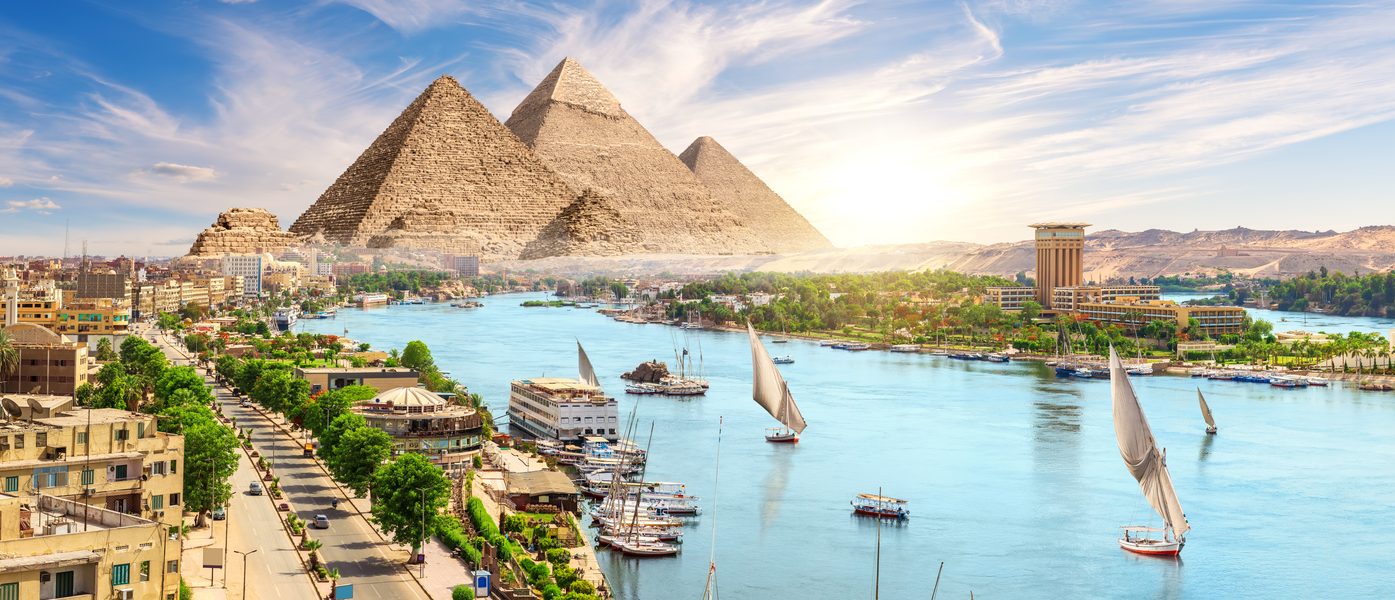Egypt History
Egypt has a rich and ancient history that spans over 5,000 years. Here are some key events and periods in Egypt’s history:
Ancient Egypt
The period of Ancient Egypt is known for its impressive architecture, including the pyramids at Giza, the Sphinx, and numerous temples and tombs. The society was organized around a complex hierarchy, with the pharaoh at the top and a vast array of priests, scribes, artisans, and farmers below. The religion was polytheistic, with many gods and goddesses associated with different aspects of nature and society. Hieroglyphics, a form of writing using pictorial symbols, were used to record events and communicate ideas.
Greek and Roman Periods
In 332 BC, Alexander the Great conquered Egypt and founded the city of Alexandria, which became a center of learning and culture in the Mediterranean world. Under Greek and later Roman rule, Egypt continued to thrive, with a mix of Egyptian, Greek, and Roman cultural influences evident in the art, architecture, and language of the period. Cleopatra, the last pharaoh of Ancient Egypt, famously aligned herself with the Roman general Julius Caesar and later Mark Antony, and her story has become a legendary part of Egyptian history.
Islamic Period
Egypt came under Islamic rule in 640 AD, and the country became an important center of Islamic culture and scholarship. The Fatimid Caliphate, based in Cairo, was a major political and cultural force in the Islamic world from the 10th to the 12th century. During this time, many impressive architectural marvels were constructed, such as the Al-Azhar Mosque, which remains an important center of Islamic learning to this day.
Ottoman Rule
Egypt came under Ottoman rule in 1517 and remained part of the Ottoman Empire until the 19th century. During this time, Egypt experienced a period of relative stability and prosperity, with the development of modern infrastructure, such as canals and railways, and the expansion of trade and commerce. The modernization of Egypt’s economy and society laid the groundwork for the country’s eventual independence.
Modern Egypt
Egypt gained independence from Britain in 1952 after a period of political upheaval and revolution. The country has experienced both periods of stability and political turmoil in the decades since, with a growing population and economy driving social and political change. Today, Egypt remains an important cultural and economic force in the Middle East and North Africa region, with a rich history that continues to inspire and captivate visitors from around the world.
Read More




